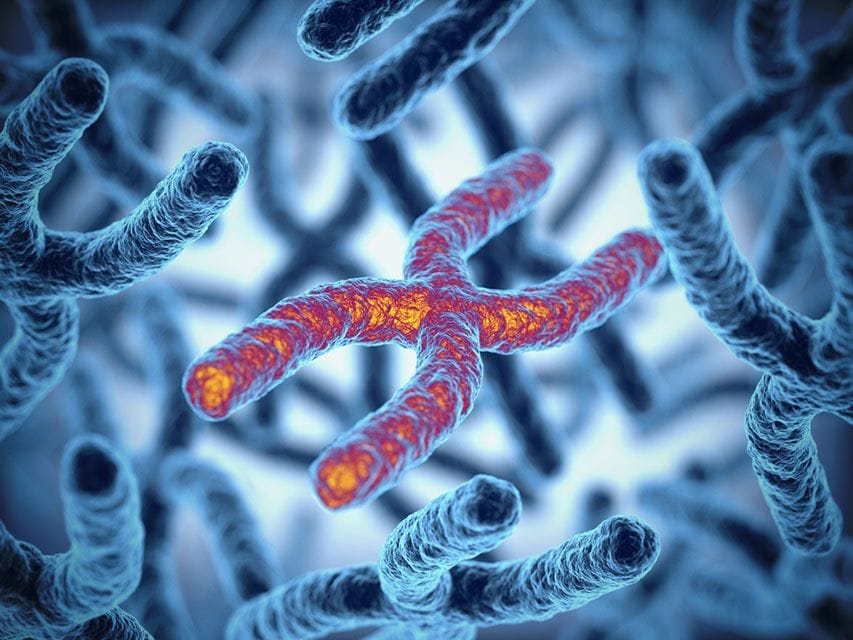Injection Drug Users Who Also Abuse Stimulants at High Suicide Risk
A team of Canadian researchers says that people who inject drugs have an exceptionally high risk of suicide when using stimulants such as cocaine and amphetamines. Injection drug users have relatively strong chances of developing diagnosable problems with substance abuse and addiction. They also have elevated chances of making suicide attempts and actually committing suicide. In a […]
Injection Drug Users Who Also Abuse Stimulants at High Suicide Risk Read More »







